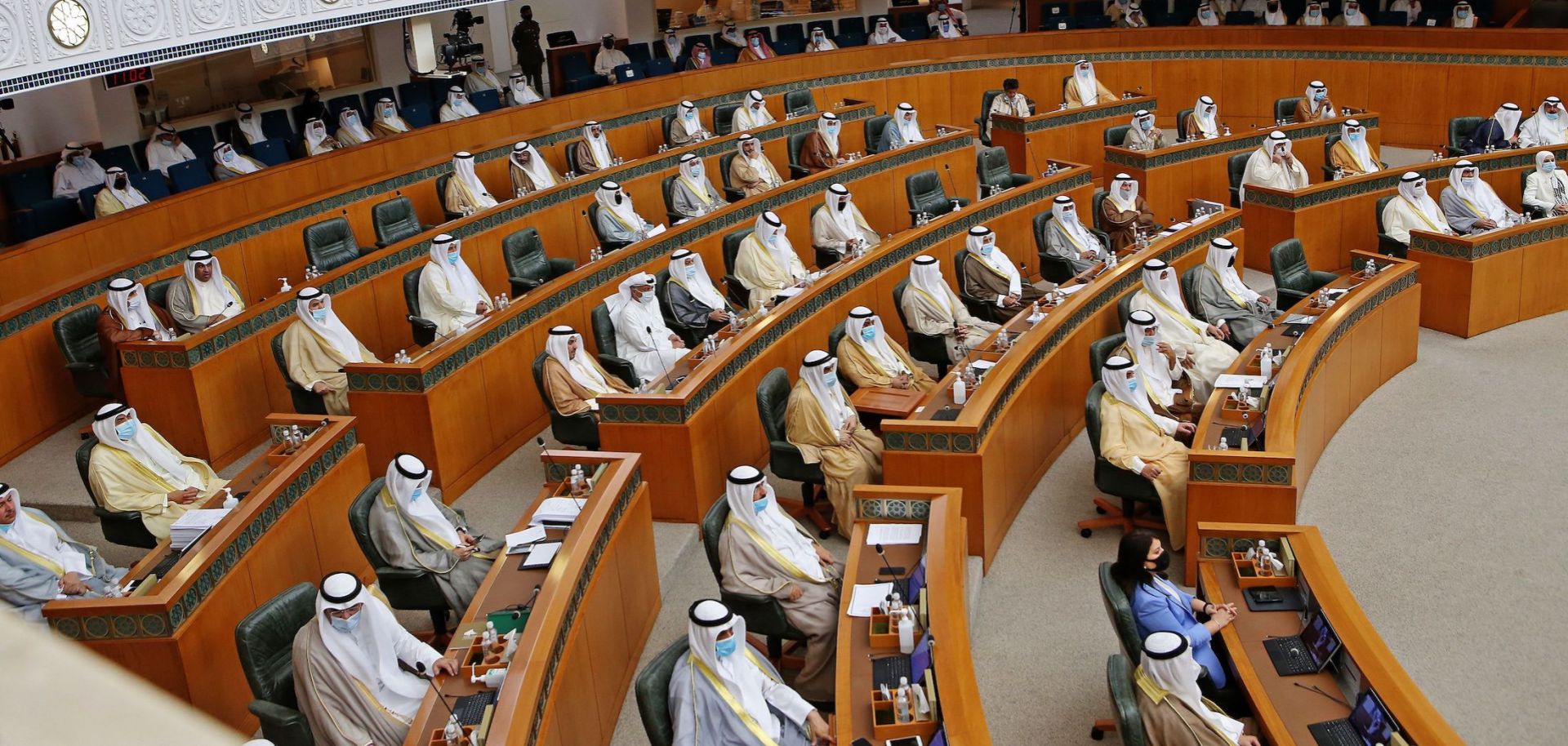Upon taking office on Dec. 15, Kuwait’s new parliament will try to focus the government’s attention on politically sensitive anti-corruption efforts rather than the fiscal reforms its new emir wants to prioritize, setting the stage for near-term economic strain and long-term political inaction. Opposition members and independents gained control of nearly half of Kuwait’s National Assembly in Dec. 5 elections. In Kuwait’s political system, these lawmakers tend to support maintaining populist spending on benefits, subsidies and social program transfers. An opposition-leaning parliament with a fresh public mandate will thus be focused on maintaining that kind of spending, despite the desire of the emir, advisors and government ministers to implement some structural reforms that would improve Kuwait’s long-term financial security....

